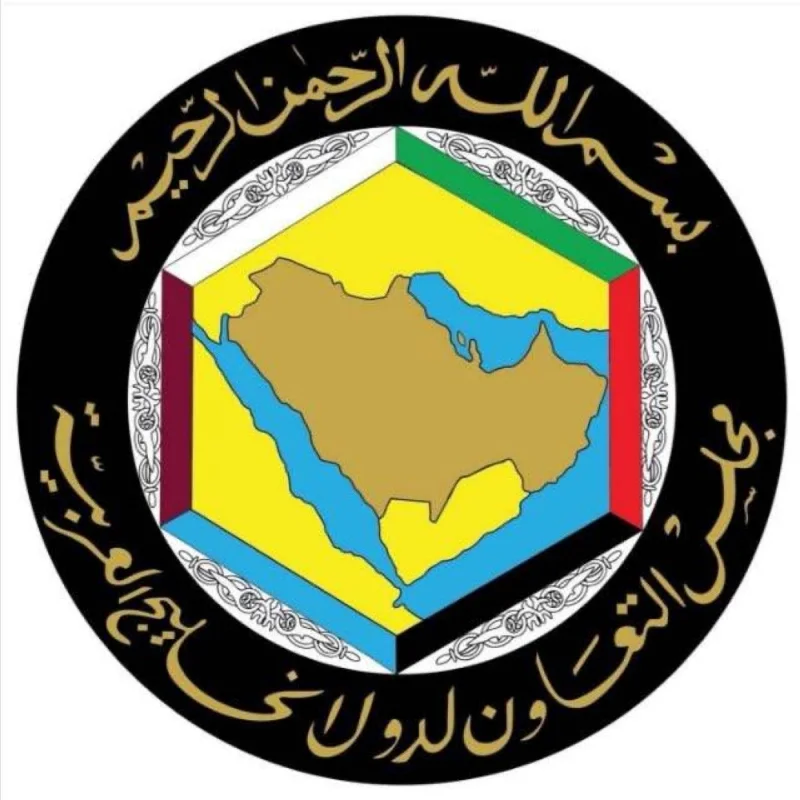
403
Sorry!!
Error! We're sorry, but the page you were looking for doesn't exist.
GCC Total Debt Issuance To Rise, Says Fitch Ratings
(MENAFN- Gulf Times) Total debt issuances in GCC would be $149bn in 2025, about $50bn above 2024, according to Fitch Ratings.
In comparison roughly $110bn (of debt) was issued in the region 2019 and 2020.
Issuances would be split broadly equally between domestic and foreign debt on aggregate in the GCC but with significant differences between countries, Fitch Ratings said.
Historically fiscal policy in the GCC has been pro-cyclical. High oil prices have stimulated spending, often leading to permanent commitments, while lower oil prices have been accompanied by cuts in spending that have exacerbated their economic impact.
Trends in non-oil economic activity in the GCC are typically correlated with trends in government or wider public-sector spending, which in turn tends to be connected to hydrocarbon revenue. It is also harder to manage public expectations when oil prices are high. What deepens the dilemma is the aim of economic diversification, which will require public investment. Improvements made to public financial management in the past decade and the experience of several oil price shocks provide more flexibility to respond to periods of lower oil prices.
New tax tools have been introduced in the past decade and reductions to subsidies and improved management of capital spending has brought more expenditure flexibility.
Already there has been a response to the current fall in oil prices, with Saudi Arabia extending VAT to e-commerce platforms from 2026 and increasing the fee on undeveloped land. Fitch anticipates a further recalibration of capital spending plans in sovereigns that are facing fiscal pressure. The impact of any fiscal adjustment will test the resilience of the non-oil economic growth drivers that have been unleashed across the region by recent reforms.
Enhancements to business environments, sectoral reforms and, in Saudi Arabia, significant social reforms, have strengthened non-oil economic activity and diversified the economic base of most GCC sovereigns.
However, government spending has been an important factor behind economic diversification. A significant component of government development agendas is underpinned by government related entities (GRE) domestic investment.
While budget balances may appear less volatile, overall public spending is rising.
GCC countries are rerouting significant parts of their surpluses or their balance sheet to large economic-diversification programmes, it said.
In comparison roughly $110bn (of debt) was issued in the region 2019 and 2020.
Issuances would be split broadly equally between domestic and foreign debt on aggregate in the GCC but with significant differences between countries, Fitch Ratings said.
Historically fiscal policy in the GCC has been pro-cyclical. High oil prices have stimulated spending, often leading to permanent commitments, while lower oil prices have been accompanied by cuts in spending that have exacerbated their economic impact.
Trends in non-oil economic activity in the GCC are typically correlated with trends in government or wider public-sector spending, which in turn tends to be connected to hydrocarbon revenue. It is also harder to manage public expectations when oil prices are high. What deepens the dilemma is the aim of economic diversification, which will require public investment. Improvements made to public financial management in the past decade and the experience of several oil price shocks provide more flexibility to respond to periods of lower oil prices.
New tax tools have been introduced in the past decade and reductions to subsidies and improved management of capital spending has brought more expenditure flexibility.
Already there has been a response to the current fall in oil prices, with Saudi Arabia extending VAT to e-commerce platforms from 2026 and increasing the fee on undeveloped land. Fitch anticipates a further recalibration of capital spending plans in sovereigns that are facing fiscal pressure. The impact of any fiscal adjustment will test the resilience of the non-oil economic growth drivers that have been unleashed across the region by recent reforms.
Enhancements to business environments, sectoral reforms and, in Saudi Arabia, significant social reforms, have strengthened non-oil economic activity and diversified the economic base of most GCC sovereigns.
However, government spending has been an important factor behind economic diversification. A significant component of government development agendas is underpinned by government related entities (GRE) domestic investment.
While budget balances may appear less volatile, overall public spending is rising.
GCC countries are rerouting significant parts of their surpluses or their balance sheet to large economic-diversification programmes, it said.

Legal Disclaimer:
MENAFN provides the
information “as is” without warranty of any kind. We do not accept
any responsibility or liability for the accuracy, content, images,
videos, licenses, completeness, legality, or reliability of the information
contained in this article. If you have any complaints or copyright
issues related to this article, kindly contact the provider above.

















Comments
No comment